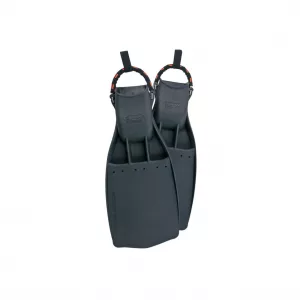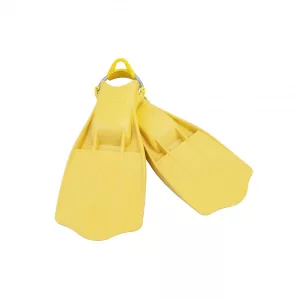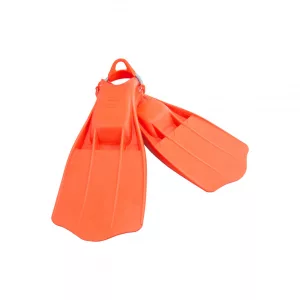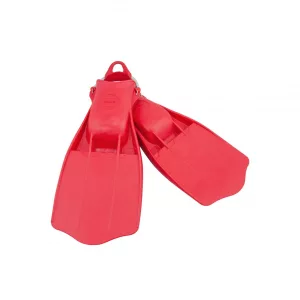542.94 AED
PowerJet by TecLine – new fins for technical, cave & wreck divers.
PowerJet by TecLine:
Excellent maneuver characteristics.
Effective long distance swimming using modified techniques.
3 type of hardness for your choice:
1. SOFT – for the beginners (great substitute for any soft fins with all benefits of jet fins at the same time)
2. MEDIUM – the most universal (ideal for cave, wreck and long distance dives)
3. HARD – for precision seekers (dedicated for photographers, survey divers and instructors)
WARNING! – This version of our fins requires the diver to be really fit.
We offer a best price policy. Have you seen same product cheaper elsewhere? Mail us the link.
We offer fast delivery worldwide.
We offer free shipping above €75 in NL, Belgium and Germany and above €500 for all EU countries
Return within 14 days
PowerJet by TecLine – new fins for technical, cave & wreck divers.
PowerJet by TecLine:
Excellent maneuver characteristics.
Effective long distance swimming using modified techniques.
3 type of hardness for your choice:
1. SOFT – for the beginners (great substitute for any soft fins with all benefits of jet fins at the same time)
2. MEDIUM – the most universal (ideal for cave, wreck and long distance dives)
3. HARD – for precision seekers (dedicated for photographers, survey divers and instructors)
WARNING! – This version of our fins requires the diver to be really fit.
Differences between TecLine PowerJet and other fins.
What is different and what has been changed in their construction?




Welcome to the Equipment page of Nemo Diving Center in Dubai. As a premier dive shop in Dubai, we understand the importance of having the right equipment for a safe and enjoyable dive.
Experiences
Find the perfect escape
© 2024 NEMO DIVING CENTER
Welcome to the Equipment page of Nemo Diving Center in Dubai. As a premier dive shop in Dubai, we understand the importance of having the right equipment for a safe and enjoyable dive. That’s why we offer a wide range of top-quality dive gear from leading brands.
Whether you’re a beginner or an experienced diver, we have everything you need to make your underwater adventure a success.
From wetsuits, fins, and masks to regulators, BCDs, and dive computers, we’ve got you covered. Our knowledgeable staff will help you find the right equipment to suit your needs and budget. Shop now and experience the difference that quality dive gear can make!
Scuba diving is an exciting and adventurous water sport that offers a chance to explore the beauty of the underwater world and its amazing marine life. The UAE, particularly Dubai, is one of the most popular destinations for scuba diving, attracting divers from all over the world. With its crystal clear waters and diverse marine life, scuba diving in Dubai offers a unique and unforgettable experience.
The cost of scuba diving in Dubai varies depending on the dive center you choose and the type of dive you opt for. On average, a single dive can cost anywhere from AED 250 to AED 550, with the average price for a single dive being around AED 350. This price usually includes all the necessary equipment, such as the dive tank, regulator, and wetsuit, as well as the services of a professional dive guide. At Nemo Diving Center, We offer a wide range of diving packages to suit every budget and experience level.
Diving in Dubai is an incredible experience, and the UAE is home to many dive sites teeming with amazing marine life including colorful soft and hard corals, sea turtles, stingrays, manta rays, moray eels, cuttlefish, octopus, nudibranchs, seahorses, and a plethora of fish species. It is also noted for its incredible dive wrecks that have become rich artificial reefs. These dive sites offer a unique and exciting diving experience, providing a chance to explore sunken ships and other structures that have become havens for marine life.
Come and explore the unique underwater world of Palm Jumeriah in Dubai and incredible dive sites in Fujairah such as Dibba Rock, Sharm Rock, Martini Rock, Snoopy Island, and more. At Nemo Diving Center, we offer dive trips to these amazing dive sites, allowing divers to discover the incredible marine life that has made the wreck its home. We also offer a wide range of other dive sites to choose from, including shallow coral reefs, deep wrecks, and drift dives, providing something for every level of diver.
In conclusion, scuba diving in Dubai offers an unforgettable experience for all levels of diver. With its clear waters, diverse marine life, and incredible dive sites, Dubai is a must-visit destination for any scuba diver. Whether you’re a beginner or an experienced diver, our team at Nemo Diving Center will ensure that you have an amazing time exploring the beauty of the underwater world.
Click one of our contacts below to chat on WhatsApp
Social Chat is free, download and try it now here!
